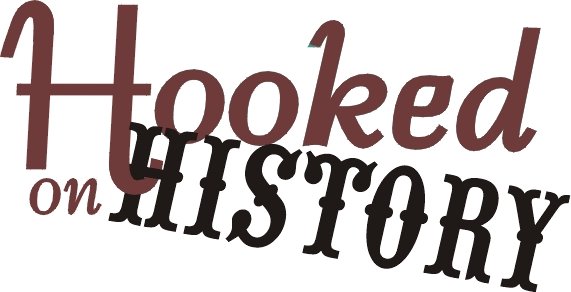David S. Williams, director of the Honors Program and Meigs Professor of Religion at the University of Georgia, offers a sweeping overview of the role religion has played in Georgia’s historical and cultural heritage in a new book From Mounds to Megachurches (University of Georgia Press, $26.95). Spanning precolonial days to the modern era, Williams sheds light on what it means to be a Georgian by exploring an issue that remains central to life in the Sunbelt South.
Williams, whose primary field of study is biblical studies, has a long academic career at the university. He started research on the book five years ago when he was head of the department of religion and thought it would take two years to complete. In 2004, he took over director of the Honors Program and considered shelving the project, but he found himself drawn back to the research.
“The book really tugged at me and, ultimately, I decided that I had to finish it,” Williams said. “I wanted to provide a partial explanation of why daily life in Georgia looks and feels the way it does.The influence of religion, especially evangelical Christianity, is pervasive in the state. I think to understand Georgia deeply demands attention to not only the influence of evangelicalism but also the legacy of religious expressions that have existed beyond the borders of the recognized denominations.”
“Williams has written a masterful and remarkably concise synthesis of Georgia’s religious odyssey,” said James C. Cobb, the Spalding Distinguished Professor of History at UGA and a widely-recognized authority on the history of the south. “His title is no mere artifice of alliteration, for he does indeed take us from thousand-year old moundbuilders to modern megachurches, and from Moravians to Muslims as well, reminding us of a persistent strain of religious diversity while placing the emergence and evolution of a Protestant evangelical ethos at the center of Georgia’s historical experience.”
Williams was especially interested in how the story of race is intimately entwined with that of religion. “I have long been struck by Dr. King’s observation that Sunday morning is the most segregated time in American life,” he said. “I wanted to explore more deeply how this came to be. I wanted to provide an extended thought piece about how our religious heritage is tied up with racial matters as well as the role played by evangelicalism.”
Williams previously has published two books, three biblical commentaries and an array of journal articles for scholars of religious studies. From Mounds to Megachurches may seem like a departure from this more specialized work, but Williams sees it as a logical step in a career that has included teaching religious studies to undergraduates at UGA for nearly two decades.
Firmly rooting religious history in a social, cultural and political context, Williams presents a balanced and accessible account of Georgia’s religious heritage that also includes timely commentary, such as how the state has taken center stage in some of America’s culture wars.
“I know no other book that covers such a range of material, with such chronological sweep, in such short compass, for any southern state,” said John B. Boles, William Pettus Hobby Professor of history at Rice University and editor of the Journal of Southern History. “Georgia and its citizens are privileged to have such an accessible survey of their religious heritage available.”
-----
www.fayettefrontpage.com
Fayette Front Page
www.georgiafrontpage.com
Georgia Front Page


No comments:
Post a Comment